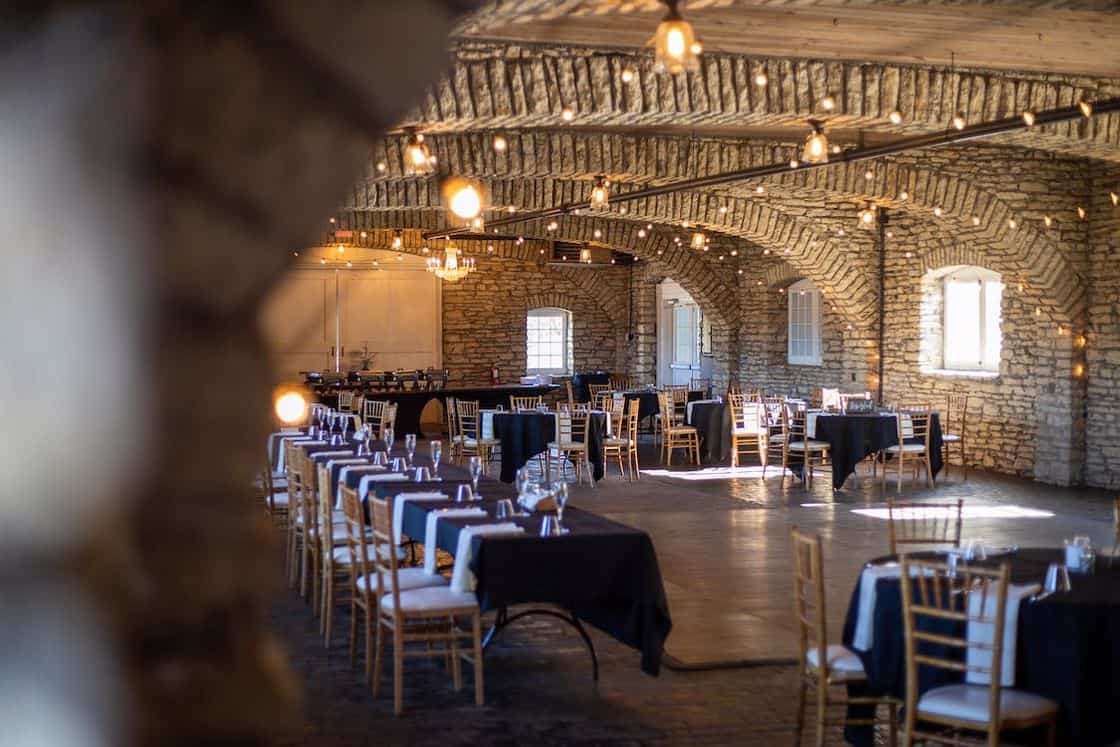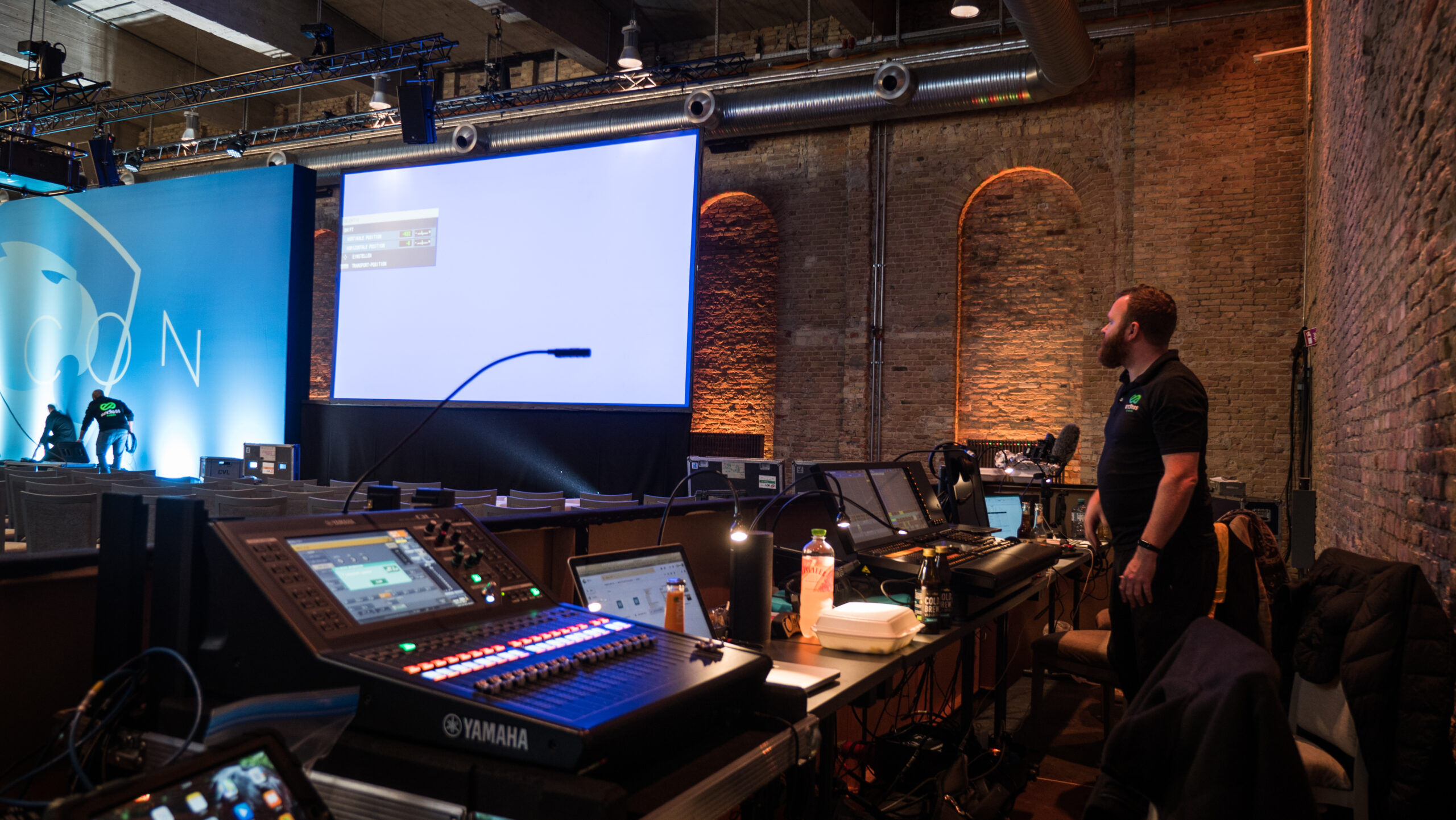Comprehending Event Production: Why It Is Necessary for Successful Gatherings
Event production plays a crucial role fit successful celebrations. It includes careful preparation, sychronisation, and implementation to ensure every information lines up with the event's vision. This process not only boosts guest experiences yet additionally assists in significant connections amongst individuals. Understanding the ins and outs of event production can greatly affect the general end result. What are the crucial elements that contribute to a successful event, and exactly how can they be effectively handled?
The Duty of Event Production in Creating Unforgettable Experiences
Numerous aspects add to the success of an occasion, event production plays an essential role in crafting unforgettable experiences. This complex process incorporates various elements, including planning, logistics, and execution. Reliable event production guarantees that every detail lines up with the general vision, producing a seamless flow that mesmerizes guests. By collaborating timelines, handling resources, and managing technical elements, event producers establish a foundation for impactful experiences.Moreover, they curate atmospheres that resonate with the target audience, enhancing engagement and psychological connection. From picking ideal places to incorporating ingenious modern technology, the options made during production considerably influence how guests regard and remember the event. By focusing on top quality and focus to information, event production transforms average events into remarkable moments, leaving long-term impacts. Ultimately, the skillful orchestration of these parts defines the essence of an occasion, showcasing the importance of specialist event production in accomplishing extraordinary outcomes.
Key Components of Successful Event Production
Effective event production rests on a number of essential components that ensure success. Preparation and sychronisation develop a solid foundation, while technological setup needs attend to logistical needs. Furthermore, implementing audience interaction methods enhances the general experience, making the event remarkable.
Preparation and Coordination
Preparation and sychronisation act as the foundation of successful event production, making sure that every information lines up seamlessly to create a remarkable experience. Effective planning includes developing a clear vision and purposes, while sychronisation requires the thorough company of logistics, schedules, and resources. A well-defined timeline is essential, guiding all stakeholders with vital landmarks and tasks. Communication plays an essential function, promoting partnership amongst team members, vendors, and place team. Regular conferences and updates aid to resolve obstacles without delay, ensuring that everybody continues to be lined up with the event goals. Ultimately, a structured method to planning and coordination not just enhances efficiency but also greatly contributes to the total success and satisfaction of the event for attendees and coordinators alike.
Technical Arrangement Demands
A successful event counts greatly on its technological configuration requirements, which incorporate essential components such as audio-visual tools, lighting, hosting, and connection. Audio-visual equipment consists of microphones, audio speakers, and projectors, guaranteeing that discussions and efficiencies are delivered plainly. Correct illumination enhances the atmosphere and highlights essential areas, while staging supplies the required system for speakers and entertainers. Connection, consisting of Wi-Fi and electric access, is crucial for smooth communication and technology combination. Each component should be carefully planned and carried out, tailored to the event's certain demands. Insufficient technical configurations can lead to interruptions, adversely impacting the total experience for attendees, emphasizing the importance of detailed preparation and interest to information in event production.
Audience Interaction Approaches

The Importance of Planning and Coordination
Planning and control are vital to the success of any type of event production. Efficient timeline monitoring, source allocation methods, and group communication dynamics play vital functions in ensuring that all elements come together seamlessly. Without an organized approach to these aspects, events run the risk of dealing with delays, budget overruns, and miscommunication amongst employee.
Effective Timeline Management


While effective event production often hinges on imagination and execution, efficient timeline monitoring remains an important aspect that can not be ignored. A well-structured timeline functions as the backbone of any type of event, guaranteeing that each stage is carried out in a prompt way. It enables for the sychronisation of different tasks, from venue setup to guest arrivals, while avoiding potential bottlenecks. By plainly laying out target dates and responsibilities, event coordinators can preserve focus and adapt to unforeseen challenges. Additionally, a meticulously crafted timeline fosters interaction among staff member, promoting accountability and cooperation. Inevitably, efficient timeline monitoring not just enhances functional effectiveness but additionally adds substantially to the general success and smooth execution of the event, leaving participants with an unforgettable experience.
Resource Allotment Strategies
Reliable resource appropriation techniques are critical for the successful execution of any type of event. Appropriate planning enables event organizers to determine and disperse resources, such as finances, employees, and materials, in a manner that optimizes efficiency. By reviewing the details requirements of each facet of the event, organizers can focus on jobs and allot resources as necessary. Coordination among various divisions makes sure that all elements, from providing to audiovisual demands, are sufficiently sustained. This strategic strategy not only lessens waste yet also enhances the total experience for guests. In addition, preparing for potential difficulties and having contingency plans in position enables for smoother procedures. Inevitably, reliable resource allowance adds substantially to achieving event objectives and assuring a memorable gathering.
Team Communication Dynamics
How can smooth interaction amongst employee change the event production procedure? Efficient communication is crucial for collaborating jobs, sharing updates, and resolving obstacles in real-time. When team members take part in open dialogue, they can rapidly identify prospective problems and establish solutions collaboratively, minimizing delays and misconceptions. This vibrant fosters a natural environment where everybody comprehends their functions and responsibilities, bring about an extra integrated effort. Furthermore, regular check-ins and feedback loopholes improve responsibility and guarantee placement with the event's objectives. By focusing on communication techniques, groups can enhance operations, strengthen morale, and ultimately boost the general quality of the event. Successful celebrations depend upon the ability to connect successfully, making it Clicking Here a necessary part of event production.
Enhancing Guest Engagement Via Creative Layout
Innovative style plays an essential duty in improving participant interaction at events, as it cultivates an immersive setting that captivates individuals' attention. By integrating innovative visuals, interactive components, and thematic design, event organizers can create remarkable experiences that resonate with guests. Thoughtful design styles promote motion and expedition, encouraging guests to communicate with displays and each other.Incorporating innovation, such as increased reality or live polling, additional enriches the experience, permitting real-time feedback and interaction. Furthermore, sensory components like lights, audio, and scent can stimulate emotions and create a much more engaging atmosphere.The use of narration via layout aids convey the event's purpose and message, making it a lot more relatable for participants. Inevitably, creative style not just boosts engagement but also deepens connections amongst individuals, leaving a long-term impression that extends past the event itself. This calculated strategy to layout is vital for successful events.
Handling Logistics for a Smooth Implementation
While the exhilaration of an occasion can attract guests in, handling logistics is crucial to safeguard a seamless execution. This includes carefully collaborating various elements, from venue selection and format to catering and transport. Efficient logistics administration ensures that all elements align, permitting a smooth circulation from registration to the conclusion of the event.Additionally, a clear interaction strategy among all stakeholders is vital. This includes staff, vendors, and volunteers, that should be informed of their duties and obligations. Preparing for prospective challenges, such as tools failure or unexpected weather, can additionally enhance the event's success.Creating a thorough timeline aids maintain the team on track and permits for timely changes. Ultimately, well-managed logistics not only facilitate a satisfying experience for attendees yet also show the professionalism and integrity of the organizers, adding to the total success of the gathering.

The Influence of Modern Technology on Event Production
What role does technology play in forming modern event production? Technology has actually come to be a foundation of effective event production, boosting both intending and execution procedures. From sophisticated registration systems to interactive applications, modern technology enhances attendee monitoring and enhances involvement. Online event platforms allow coordinators to reach broader audiences, breaking geographical barriers and facilitating hybrid celebrations that combine in-person and on-line experiences.Additionally, audiovisual innovations, such as high-def screens and stereos, boost the quality of discussions and performances, making sure an unforgettable experience for participants - event production charlotte. Social media site integration allows real-time feedback and interaction, promoting community interaction previously, throughout, and after the event. Information analytics tools aid organizers in keeping an eye on individual actions and choices, making it possible for tailored experiences that reverberate with varied target markets. Overall, the integration of innovation in event production not only enhances operational effectiveness however additionally improves participant experiences, ultimately adding to the success of the event
Examining Success: Determining the Results of Your Event
Success in event production depends upon efficient evaluation, which involves measuring a variety of outcomes to assess the overall effect of an event. To achieve this, organizers can employ both qualitative and measurable metrics. Measurable procedures might consist of presence numbers, ticket sales, and income generated, while qualitative assessments may include attendee complete satisfaction surveys and feedback forms.Additionally, assessing social media engagement and media coverage can give understandings into the event's reach and brand name impact. Contrasting these metrics against predefined objectives assists identify if the objectives were met.Furthermore, post-event debriefs with the preparation team can reveal lessons discovered and locations for renovation. By systematically reviewing these outcomes, event manufacturers can improve future gatherings, guaranteeing continuous development and success. Eventually, a comprehensive evaluation not just highlights achievements however also educates tactical choices for subsequent events, cultivating a society of excellence in event production.
Often Asked Questions
What Certifications Should an Occasion Manufacturer Have?
Event producers must have strong business abilities, creative thinking, and efficient interaction abilities. A background in task management, budgeting, and arrangement is crucial. Relevant accreditations and experience in varied event types additionally improve their credentials.
How Can I Minimize Event Production Prices Effectively?
To efficiently reduce event production expenses, one can simplify vendor selection, discuss agreements, make use of in-house sources, focus on important aspects, carry out modern technology for effectiveness, and discover sponsorship possibilities to offset expenses without jeopardizing high quality.
What Are the Common Challenges in Event Production?
Common difficulties in event production consist of spending plan restraints, logistical go to website coordination, vendor management, time limitations, attendee engagement, technical troubles, and unforeseen situations - event production charlotte. Each element can significantly affect the general success and smooth implementation of the event
Just how Do I Select the Right Location for My Event?
Selecting the best venue involves thinking about aspects such as place, capacity, amenities, and spending plan. In addition, reviewing accessibility and setting ensures the chosen space straightens with the event's objectives and boosts the Your Domain Name general attendee experience.
What Is the Regular Timeline for Preparation an Event?
The regular timeline for planning an occasion varies, but usually includes phases such as concept advancement, place choice, vendor control, promotion, and last prep work, usually covering several months to ensure a successful implementation.